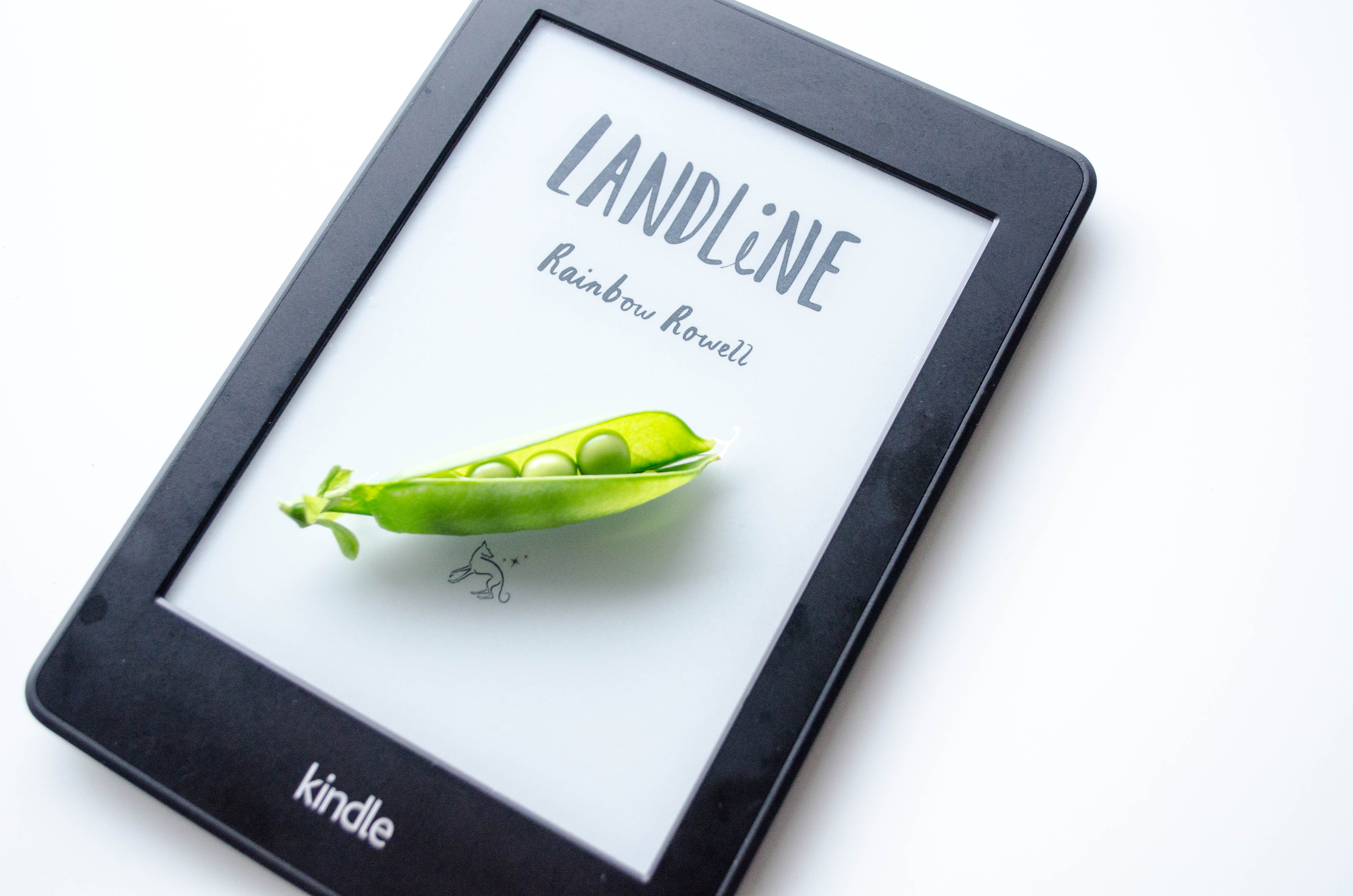Just finished
Not on Fire, but Burning by Greg Hrbek

This is a powerful and intense book that manages to tackle a lot of Important Topics without becoming overloaded or unfocused. The way that Hrbek initially unsettles you and then manages to stretch the tension out through the book was incredibly skillful. I was in the middle of this book when the news about the shooting in Orlando was starting to come in, making it all the more impactful (the book and the news). I liked the way the book explored the idea of fear in a general sense, in the way that we all worry about what could happen; and also in a specific sense, in the way we worry about terror and violence and what it means to be an American right now. Everyone and no one is responsible for the violence that does, and simultaneously does not, happen in this book. Much like Adichie’s take on the Nigerian-Biafran war, Hrbek manages to paint a complex, nuanced picture of Islamophobia and extreme jihadism that conveys empathy but does not allow for moral relativism. Not on Fire, But Burning keeps a tight level of tension throughout and compels you to read further. The prose is poetic, though, and I had to consciously force myself to slow down in order to absorb the craftsmanship. Where Charles Yu’s How to Live Safely in a Science Fictional Universe wasn’t entirely successful in using the time travel plot convention to tell a quieter story, Hrbek uses the framework of an ambiguous narrative perspective and the idea of the multiverse to draw complexity out of his characters and relate to the reader. We all wonder what might have happened or what might happen, and Hrbek winds together that generalized anxiety into a story about post-9/11 fear, family and loss into a really interesting and really well-put-together book.

Landline by Rainbow Rowell
For someone who doesn’t believe in messages from the universe, it can be deeply upsetting when un-ignorable patterns seem to emerge. I picked up Landline looking for something light and breezy and ended up with yet another book about time travel/nostalgia/re-visiting the past as a way to interpret the present. After the intensity of NOFBB I wanted something fluffy, and knew Rainbow Rowell was my girl. I feel only slightly less guilty-pleasure about reading Landline because it’s ostensibly written for adults. Unlike Carry On: a novel about gay magicians (one of whom is a vampire, naturally), maybe one of the most enjoyable books I’ve read in the last year, and which is 100% written for teenagers. There’s just something about a love story told without messiness (or if there is messiness, it’s of the adorable rom-com variety) and lots of kissing that hits me in the right spot occasionally. I picked up Landline because I wanted to read a sweet book with lots of flirty dialogue. It didn’t disappoint on that front and, compared to the previous two books I read, was certainly a different take on time travel as a way to gain perspective and better appreciate the here-and-now. Landline is really sweet (never making me roll my eyes or gag), and actually legitimately written for grownups. I liked it a lot.
Currently reading
Augustus by John Williams
With no small amount of apprehension, I started Augustus this morning. I ordered a copy online from a used bookstore in the United States, and it took about three weeks to arrive. I was half hoping it would never show up, absolving me neatly from responsibility (it’s this month’s book club pick). Helaas pindakaas. My version of this book comes with a blisteringly boring introduction by Daniel Mendelsohn. The introduction is an attempt to contextualize Augustus with Williams’s other books (namely, Stoner), and with Williams’s life and choice to novelize history in epistolary form and blah blah blah. I might return to the introduction when I’ve finished reading the book, but upon first read, the introduction was too homeworky to be interesting. I’m about 30 pages into the book proper, and it’s astonishingly not homeworky at all. Although the narrative is framed by letters and memoirs written by the peripheral characters about Augustus, it still moves like a novel, and a pretty action-driven one at that. At the behest of his uncle Caesar, Augustus (joined by a merry trio of hobbity friends, Salvidienus, Agrippa and Maecenas) is in Apollonia to take part in what is ostensibly a leadership development workshop with Roman soldiers and scholars. Caesar names Augustus as his son and heir then Augustus gets word that his uncle/adoptive father has been murdered. The book quickly settles into a nice pace of strategy, deceit and politics. Who to trust? What to do? Is he going to take the name of Caesar and attempt to rule? Surprisingly, I’m eager to find out.
On the horizon
I went to the library this week to return some books and ended up checking out the first book in the Polleke series by Guus Kuijer, Voor Altijd Samen, Amen. The title roughly translates to “together forever, amen.” My Dutch teacher recommended this book because it’s written for middle-grade readers, but has a nicely-written plot about a young Dutch girl, Polleke, who is in love with the Moroccan boy that lives next door, Mimoen. Middle-grade Dutch language book about first crushes and European racial politics? Sounds right up my alley. It’s a thin little book with illustrations and I’m going to try to work through at least a chapter (2-4 pages) a day.